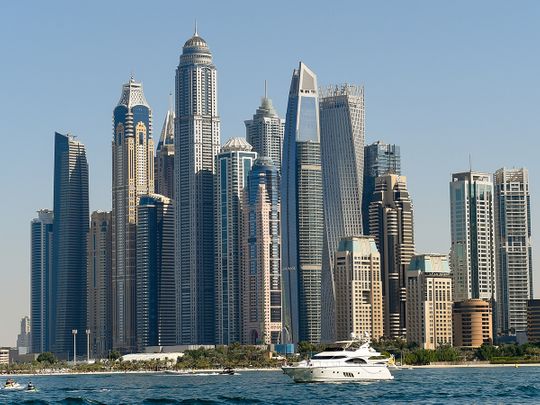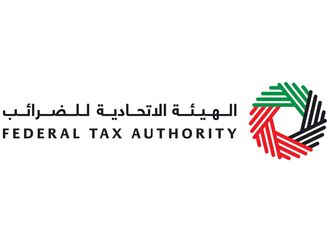
Duba: Latest Purchasing Managers' Index (PMI) data for the UAE pointed to an improvement in non-oil operating conditions at the start of 2021, as expansions in both output and new orders supported a renewed rise in employment.
The report showed that the pace of demand growth eased from December amid increased uncertainty around future coronavirus disease 2019 (COVID-19) restrictions, as local and global cases soared.
The UAE PMI posted 51.2 for the second month running in January.
The index signalled only a marginal improvement in business conditions since the end of last year. The index also remained well below its average of 54.2.
"The UAE non-oil private sector continued to record soft growth in the new year, with the PMI unchanged at 51.2 from December. Compared to the results seen throughout 2020, the latest data indicated more favourable business conditions,” David Owen, Economist at IHS Markit.
Sales growth
Businesses in the non-oil economy reported a solid expansion in activity during the month, which they associated with an increase in client sales and a resumption of construction projects. The rate of output growth eased slightly from December’s five-month high, but remained one of the quickest seen since the downturn linked to the COVID-19 pandemic.
The amount of new business received by UAE companies also increased in the latest survey period, in part due to higher export sales as respondents commented on rising orders from the Gulf region. However, the pace at which total sales increased was only modest and weakened from December, leading some firms to concentrate work on fulfilling outstanding orders
The softer rise in sales also tempered firms' predictions for future activity. Despite the relatively quick roll-out of COVID-19 vaccines, business expectations picked up only slightly from December and was the third-weakest in the series history. Some firms noted that the recent uptick in COVID-19 cases could lead to tighter restrictions on businesses and a fall in output in the short-term.
Job growth
On the positive side, there was a slight uplift in employment in January, ending a year-long sequence of job shedding. In addition, higher activity encouraged an expansion in purchasing activity.
Input costs fell at the quickest rate since last April, linked to a reduction in staff costs and a softer rate of purchase price inflation. Average prices charged in the non-oil sector continued to decline at the start of the year, although the rate of discounting was the softest in the current 28-month sequence of reduction.
"The rapid roll-out of COVID-19 vaccines in the UAE should help to restore confidence in markets over the first half of 2021, although firms were still relatively downbeat about future growth in January. Higher case numbers provided concerns of tighter restrictions in the short-term, which could present further challenges for businesses,” said Owen.








